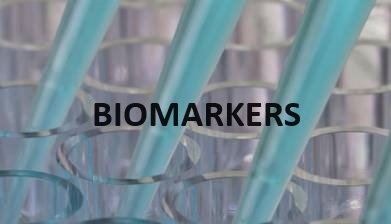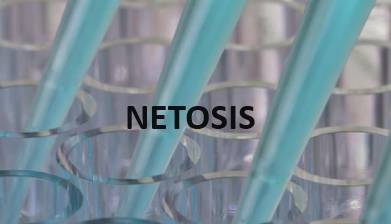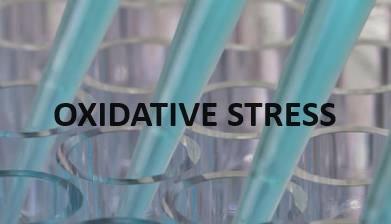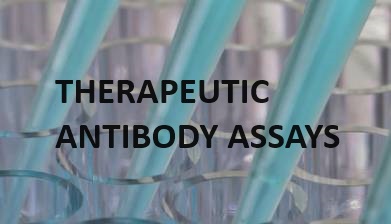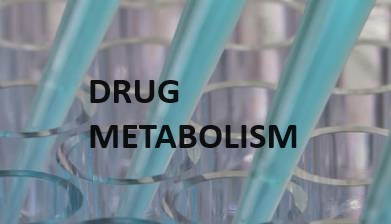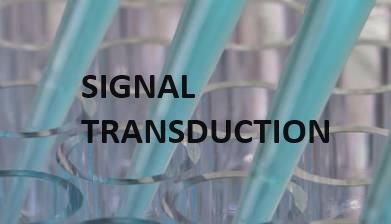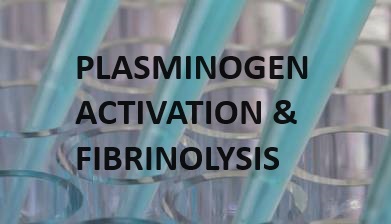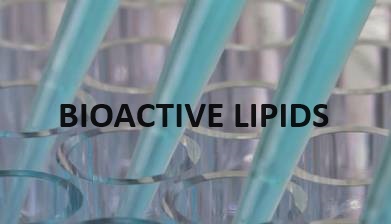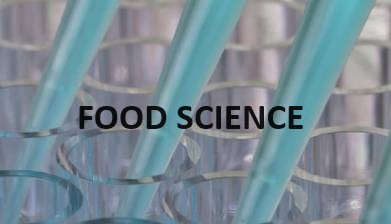Oxford Biomedical Research


Mission Statement
Recognizing that the reduction in disease and improvement of human health will require the development of better ways to identify and quantify underlying risk factors for disease, Oxford Biomedical Research (OBR) seeks to provide biomedical researchers with the best tools available for the analysis of Oxidative Stress and Chronic Inflammation – two of the most important risk factors that play key roles in the development of a wide range of human illness, including cancer, cardiovascular disease, diabetes and neurodegeneration.
Vision Statement
In contrast to current medical and insurance practices focused on the treatment of diseases, we seek to provide biomedical researchers and diagnosticians with reliable, non-invasive methods for the assessment of oxidative stress and chronic inflammation and the efficacy of diet, drugs, nutraceuticals, and lifestyle for the prevention of major debilitating diseases.
Corporate Profile
Oxford Biomedical Research (OBR) develops, manufactures and markets assay kits, recombinant proteins and antibodies for biomedical research and drug discovery. The company’s primary focus is on the identification and assay of biomarkers for oxidative stress and chronic inflammation, two major risk factors for multiple diseases. OBR is employing proprietary technology to develop tissue and disease specific biomarkers. ProteoMine™ is a cost effective tool for removing high abundance proteins for biomarker discovery. ToxProfiler™ technology captures and detects oxidized proteins in blood correlated with organ-specific toxicity and disease. New platform technologies such as Toxicoproteomics and Metabolomics are being applied, adapted and modified into new and practical ways for the diagnosis of early onset disease and for the prevention of diseases.
History
Oxford Biomedical Research (OBR) was founded in 1984 by Denis M. Callewaert Ph.D., Professor of Chemistry and the former Director of the Center for Biomedical Research at Oakland University. It is one of 4 biotechnology companies founded by Professor Callewaert.
Located in Rochester Hills, MI, the Company markets over 800 products for the biomedical research community.
Oxford Biomedical Research also performs research and development under the auspices of grants and contracts from the National Institute of Health.
OBR has developed a large number of collaborations with internationally recognized scientists. The Company has licensed several key technologies and is further developing clinical diagnostic tests in collaboration with faculty from major academic and government research institutions.
Partnerships
The company actively seeks partnerships in related fields of study to combine strengths and abilities. Please contact us to discuss opportunities.
SBH Sciences is a Biotechnology Service Provider company offering comprehensive preclinical process development services to the biopharmaceutical, diagnostics and biotechnology industries including cell culture (mammalian and insect cell), protein purification, cell-based assays and ELISA Development kit. In addition, SBH Sciences is producing 30 monoclonal antibodies and 25 highly purified recombinant cytokines including Activin A, BMP-7, HGF, Interleukin-12 and TGF-b.
Featured Products
EXTRACTION-FREE ISOPROSTANE EIA – Isoprostanes are a group of prostaglandin-like compounds that are produced by the reaction of free radicals with arachidonic acid, including arachidonic esters in phospholipids. Initially reported by Roberts and Morrow as major products of radical mediated lipid oxidation in vivo, they are now widely recognized as reliable biomarkers for oxidative stress. Isoprostane is present in numerous biological fluids including urine, saliva, cell lysates, and blood. In urine, an average of 50% of isoprostane is excreted as a glucuronide so it is important to pre-treat samples with glucuronidase prior to assay. Oxford’s ELISA includes glucuronidase as well as a specially formulated buffer allowing direct measurement of isoprostane without the need for expensive SepPaks or immunoaffinity columns. This brings the cost per sample down to 20% of what competing assays cost to run and a fraction of the technician time. This extraction free assay can be used with urine, saliva, and other simple mixtures. Plasma, serum, and cell lysates should be assayed using our EA84 EIA kit
ANTI-2,8,17-CITRULLINATED HISTONE H3 – This mouse monoclonal antibody to human 2,8,17-Citrullinated Histone H3 is protein G affinity purified.
ANTI -15-F2T-ISOPROSTANE PURIFIED IGG – This polyclonal antibody is produced in goat and is provided as purified IgG specific for 8-epi-PGF2α (8-Isoprostane, 15-f2t-Isoprostane). This antibody has been tested and exhibits utility in ELISA, Western, and Immunohistochemistry applications.
HUMAN THERAPEUTIC IGG1 ELISA KIT – Recombinant human monoclonal antibodies have become a major focus of new drug discovery in the Pharmaceutical and Biotech industries, with hundreds of new human monoclonal antibodies currently in preclinical development. Fully human recombinant antibodies have gradually replaced humanized mouse or rat antibodies, with IgG1 and IgG4 as the preferred engineered isotypes2. As part of the developmental process, human therapeutic antibody drug candidate molecules must be tested in non-human primate species to assess their pharmacokinetic profile and potential toxicity3. Primate and human antibodies are highly homologous, making it difficult to distinguish the human antibody drug candidate from the endogenous primate antibodies in a serum or plasma sample by traditional human IgG-specific immunoassays. Therefore, we developed two highly sensitive ELISAs that distinguish human IgG1 or human IgG4 from rhesus or cynomolgus monkey immunoglobulins. This Recombinant (Therapeutic) Human IgG1 ELISA can be used to accurately quantify human IgG1 in the serum or plasma of rhesus or cynomolgus monkeys without cross reacting with antibodies of those species. This same ELISA can also be used to quantify human IgG1 in the plasma of other preclinical test species (mouse, rat, rabbit, guinea pig, etc.) if desired. This assay is supplied with a recombinant human IgG1 kappa allotype G1m17.1 standard. The customer may wish to substitute their own specific drug candidate IgG1 for this standard in the assay.
Product Categories
Services
ASSAY SERVICES
The assay service division of Oxford Biomedical Research draws on over 25 years of biomedical research and assay development experience. The company has received over 40 NIH grants and contracts to develop novel assays, and our capabilities span a broad range of academic and pharmaceutical needs.
We provide researchers with access to meticulous analyses employing sandwich and competitive immunoassays, as well as a range of enzyme and analyte assays using state of the art colorimetric, fluorescence and chemiluminescence methods. These services are regularly provided to academic, pharmaceutical and government scientists to support in vitro studies as well as for specimens derived from studies that employ laboratory animals and human subjects. Our primary expertise is in the measurement of biomarkers for antioxidant power, oxidative stress and inflammation using microplate-based assay systems. Our repeat customers include the NIH, major pharmaceutical companies and academic research centers.
We understand that your study is unique and that it involves considerable time and expense even prior to obtaining samples for analysis. We can perform a pilot study to help you adjust and optimize parameters prior to expanding your effort to a level that will provide the highest level of statistical significance. Our technical representatives are prepared to work with you to design the best combination of assays to meet your needs and to quote for services based on your specific project. We provide assistance with the determination of optimal conditions for specimen collection, the amount of specimen required as well as proper storage and shipping procedures.
To ensure the highest degree of reliability, the analysis of typical samples are performed using several replicates at multiple dilutions. The accuracy and precision of the results are of paramount importance. Multiple controls are included with each assay to ensure that the reported results are obtained within the optimal range of the standard curve. All results are verified for accuracy and reliability prior to reporting.
Case Studies
- Developed a multistage chromatography purification protocol for the isolation of a natural product from a complex biological source and tested for biological effects both in vitro and in vivo in an animal model.
- Optimized an enzyme immunoassay protocol for a set of novel protein analytes, and scaled production from initial test lots to an ongoing production at increasing scale. Oxford Biomedical Research optimized the customers prototype immunoassay and was able to increase the sensitivity and shelf-life, and implement appropriate quality assurance for lot-to-lot reproducibility. The customer receives completed kits, ready for sale, on a monthly basis.
- Analyzing patient samples for biomarkers of oxidative stress. A medical school laboratory required analysis of oxidative stress for a group of 60 subjects. The study required measurement of five biomarkers from serum and urine samples. Oxford Biomedical Research performed the services and was able to provide a final report, complete with statistical analyses, in less than one week.
CONTRACT RESEARCH
Oxford Biomedical Research, Inc. has developed a reputation for attentive service and support for contracted research. Whether you have an assay you would like developed or have specialized needs to sub-contract, Oxford can provide novel solutions in a timely manner. Our capabilities include:
Immunochemistry
- Assay development with colorimetric, fluorometric or chemiluminescent detection
- Assay services
- Conjugate preparation
Physical Organic Chemistry
- Organic synthesis
- Isolation and characterization, including:
1. Multiple chromatographic technologies
2. HPLC: analytical through preparative capabilities with diode-array detection
Molecular Biology
- Construct design and cloning
- Protein expression; Pilot to 10 Liter
- Native protein chromatography and purification
MANUFACTURING
Oxford Biomedical Research, Inc. has been manufacturing sandwich and competitive EIA assays for nearly 30 years. We can take your existing assay and optimize it for manufacturing and stability. Our production line is scalable from pilot lots to large-scale production. While we are capable of large production batches we’ve retained our ability to quickly modify protocols and production volumes. Let our manufacturing experience speed up your product development.
Contact Us
The Krishgen support team strives to provide swift responses and resolution to your queries.

